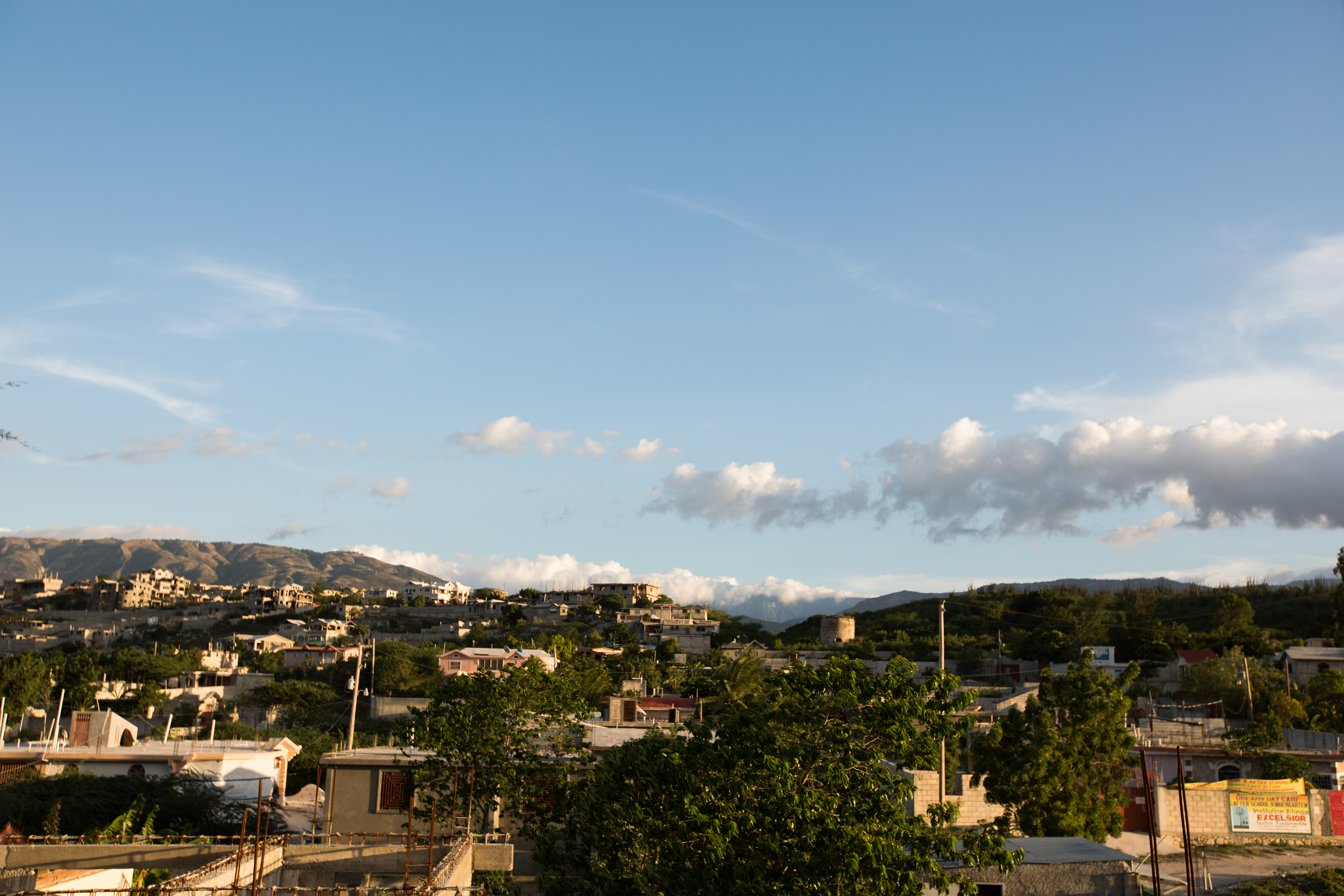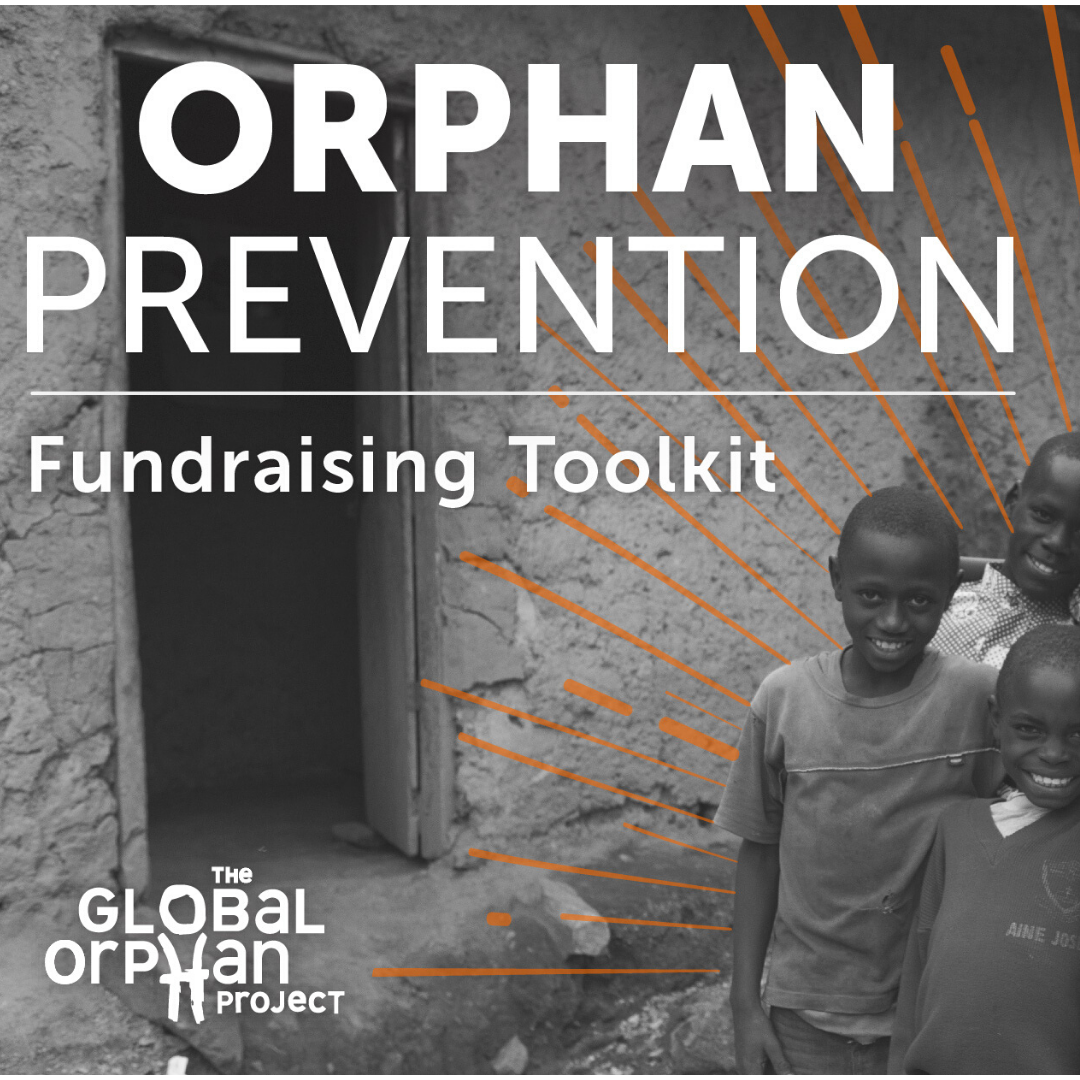Unrest in Haiti | Joe Knittig, GO Project CEO
Written by Joe Knittig, The Global Orphan Project CEO
We’re grateful for the questions and concerns we’re receiving about the situation in Haiti. We want to thoroughly answer these questions, and take the opportunity to explain the everyday battle of breaking the orphan cycle through the lens of these events.
Why did protests break out?
Haiti is the poorest country in the western hemisphere. Because of this, billions in institutional aid has been invested in Haiti to improve infrastructure and institutions over the past several decades, with little historical progress — relative to the amount invested — for various complex historical, social, and political reasons. Problem areas arise in unemployment, education, healthcare, devalued currency, and various other systemic pressures.
A day in the life: systemic pressure builds
To get very practical about it, imagine you’re a citizen fortunate enough to have a reliable everyday job:
You work at a giant factory. You make the minimum wage, which is substantially more than your unemployed family members and neighbors make. Because you have a job, you’re expected to support eight children and family members.
Amidst this pressure, you will spend half your daily pay just on transportation and a rice-and-beans lunch to stay nourished to work. With the other half, it’s very difficult to send your children to school. Maybe you can send one.
You do what you can. Every day.
It is this kind of top-down systemic pressure that makes communities of concentrated poverty susceptible to an orphan epidemic. When you take a crisis of fatherlessness and apply extreme economic, systemic pressure on families from the top-down, the pressure causes family failure, and kids flood into foster care, orphanages, and streets.
A difficult decision for the Haitian government
In this context in Haiti, one of the practical benefits provided by the government to the ordinary citizen has been a fuel subsidy that has kept nationalized fuel prices, and, therefore, transportation costs, down to a reasonable and stable price. This benefit is baked into the daily patterns and costs of subsistence living.
In high places of government and international aid institutions, the International Monetary Fund (IMF) has $96M in institutional donor funding available to Haiti, if Haiti meets certain conditions of internal government revenue generation.
With little to no tax base, the question the government had to answer is: how are we going to generate significant internal revenue to get at that $96M in donor money? Eliminate fuel subsidies.
Trust is broken. Protests erupt.
The government announced the elimination of fuel subsidies in its quest to raise internal revenue, and get that $96M in outside donor funding. That meant an overnight increase in transportation costs for the ordinary citizen of somewhere between 30% and 50%.
It’s like the government was saying to the ordinary citizen: “Trust us. Your daily cost of living is going to go up in a significant way tomorrow, but we’re going to obtain and invest a bunch of outside donor money to do stuff that will, one day, make your long-term living conditions better in ways that we cannot explain to you.”
And the overwhelming response from the citizenry was: “Let us get this straight… You’re going to take away the one small, reliable help that you provide and that is baked into our daily lives, based on your promise that you’ll get outside money that will one day help us? Like that’s ever worked before? We’re struggling with employment, high cost of living, education, and healthcare.”
And boom! The folks took to the streets.
Our hearts are breaking for all affected. Because of Haiti’s history, there is distrust between the government and the people in Haiti. The current president inherited a break in trust that was well earned over a long period of time. Though he is relatively new to the office, he has done some very good things that are objective, visible, and encouraging.
Our strongest empathy, however, is with the people of Haiti. While we certainly don’t agree with all of the destruction and looting within the protests, we certainly do understand the explosion.
Big picture (long-term), what can we do about this?
Another way to ask this question is this: “What’s the best counter to the top-down systemic pressure that keeps people locked into generational poverty?”
Two things…
- We invest bottom-up, inside-out in local communities — to expand the capacity of local churches to care for their own children in local ways.
To our ministry partners who wrap around and support our local church partners in Haiti, keep doing what you’re doing, undeterred. What you see in the news right now doesn’t undercut our work, it underscores the validity and importance of our service.
- We continue to find creative ways in the private sector to create living wage jobs, empowering families through the dignity of their own work. The best form of orphan care is orphan prevention. The best form of orphan prevention is a strong job.
To our marketplace partners who support GOEX and LIFE, keep doing what you’re doing, undeterred. We will likely miss a couple of days of work because of the protests, but this will not significantly alter our work. We will continue to make great product, delivered on time with excellence in quality that reflects the excellence of the makers. We need to keep at it, increasing our growth as a business and encouraging others to join the party.
How will protests impact GO Project trips?
Our guests’ safety is of utmost importance. Know that we’re constantly monitoring conditions on the ground in Haiti and will postpone trips if/when we believe there are unreasonable risks presented to teams.
In the past few days, the State Department downgraded their travel advisory from a Level 4 to a Level 3, and we are closely monitoring the situation. The change from a Level 4 to a Level 3 is significant, for it signals that the civil unrest has subsided.
The most common risks that have caused us to postpone trips in the past are: (1) weather-related, and (2) demonstrations that cause transportation and travel uncertainty. Rarely have we had to postpone a trip because our ordinary trip activity presents personal safety risks to our guests; we are very careful about where we go, when, and how.
In conclusion, if you have a trip scheduled with us, all should be well. If we have cause for concern as your trip nears, you will definitely hear from us.
Gratefully yours,
Joe



